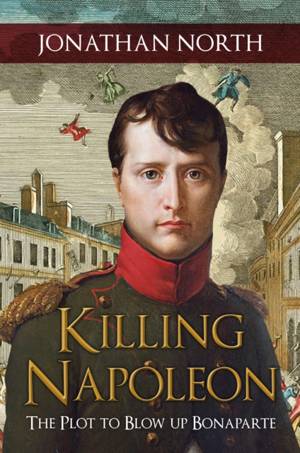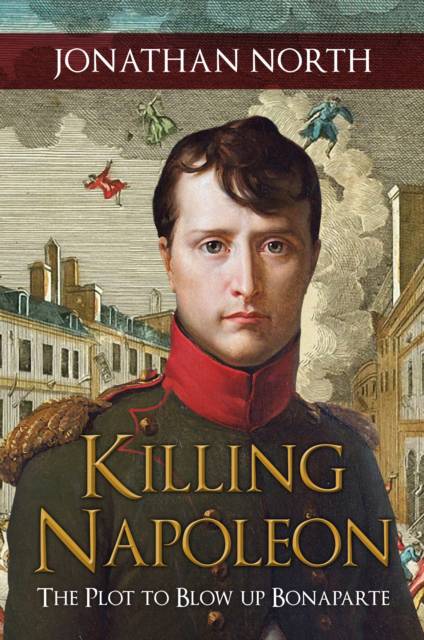
En raison d'une grêve chez bpost, votre commande pourrait être retardée. Vous avez besoin d’un livre rapidement ? Nos magasins vous accueillent à bras ouverts !
- Retrait gratuit dans votre magasin Club
- 7.000.000 titres dans notre catalogue
- Payer en toute sécurité
- Toujours un magasin près de chez vous
En raison de la grêve chez bpost, votre commande pourrait être retardée. Vous avez besoin d’un livre rapidement ? Nos magasins vous accueillent à bras ouverts !
- Retrait gratuit dans votre magasin Club
- 7.000.0000 titres dans notre catalogue
- Payer en toute sécurité
- Toujours un magasin près de chez vous
15,45 €
+ 30 points
Format
Description
It was Christmas Eve 1800. The streets of Paris were crowded with citizens. Some were shopping, some were eating and drinking. But others were plotting to murder the most famous and powerful man in France. They wheeled their improvised bomb into town earlier that day, and waited. Then, amongst the milling crowd, they saw the target. Despite knowing that the bomb would kill indiscriminately, the fuse was lit, and the enormous explosion wreaked havoc. The target for this early act of terrorism was Napoleon Bonaparte, who had seized power the year before and found himself the enemy of republicans and royalists alike. The terrorists belonged to the royal faction and although they failed to kill Napoleon, their atrocity hurled political violence in a new and terrifying direction; towards a now familiar place where civilian casualties would be collateral damage and where bombs in packed streets and squares would be the new conduit of terror. This book sets the scene with Napoleon's coup and follows the cell of extremists as they prepare their plans and devise a weapon that became known as the 'Infernal Machine'. After their attack, we follow the security services as they hunt down the perpetrators, baffled by the novelty of terrorism, as Napoleon uses public anger to launch a war on his opponents. Using first-hand accounts, trial transcripts and archival material - and with all the drama of a detective story - Killing Napoleon recounts one of the great crimes of its era, a story still largely unknown in the English-speaking world; and a precursor to the terrorist threats we know today.
Spécifications
Parties prenantes
- Auteur(s) :
- Editeur:
Contenu
- Nombre de pages :
- 288
- Langue:
- Anglais
Caractéristiques
- EAN:
- 9781398122543
- Date de parution :
- 28-01-25
- Format:
- Livre broché
- Format numérique:
- Trade paperback (VS)
- Dimensions :
- 130 mm x 196 mm
- Poids :
- 217 g

Les avis
Nous publions uniquement les avis qui respectent les conditions requises. Consultez nos conditions pour les avis.






